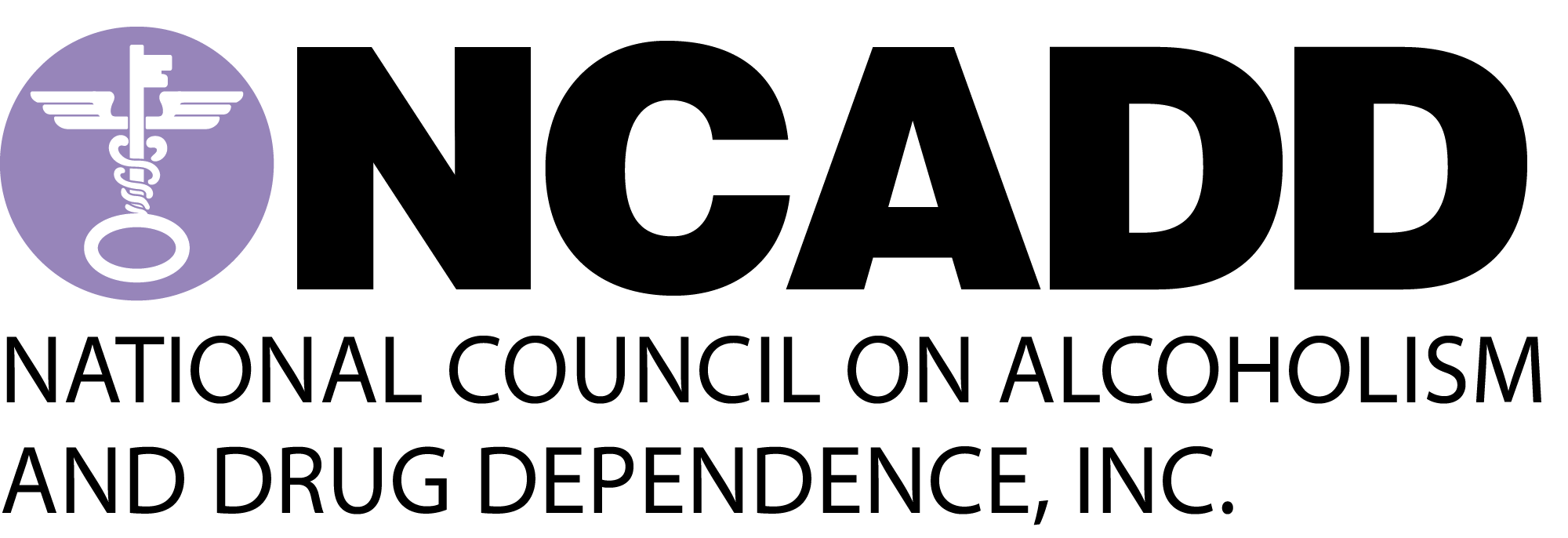How to Help a Loved One Challenged by Addiction
How to Help a Loved One Challenged by Substance Use
Helping a loved one who is challenged by substance use can be incredibly challenging, but with the right support and resources, it is possible to make a positive difference. Ignoring the problem or hoping it will go away will not help the situation. Now is the time to take action and offer your support.
Substance use affects not only the individual but also their family members and loved ones. It can disrupt normal routines, cause stress, and strain relationships. Denying or minimizing the problem only worsens the situation and prevents healing from taking place.
Support groups such as Al-Anon and Nar-Anon provide a safe space for friends and family members to connect with others who understand what they’re going through. Additionally, seeking professional therapy for both the individual challenged with substance use and their family members can be incredibly beneficial. Therapy can help improve communication, address underlying issues, and provide support for everyone involved.
It’s important to remember that recovery is a lifelong process, and ongoing support is crucial. Encouraging your loved one to seek treatment and supporting them throughout their journey can make a significant difference in their recovery.
Here are some important suggestions for helping a loved one:
- Learn All You Can: Educate yourself about substance use and its effects. Understanding the nature of the problem can help you offer better support.
- Speak Up and Offer Support: Express your concerns to your loved one and let them know you’re there to help.
- Express Love and Concern: Don’t wait for them to hit rock bottom before offering help. Be specific about the behaviors that worry you and offer your support without judgment.
- Don’t Expect Recovery Without Help: Understand that overcoming substance use requires professional help, support, and coping skills. Simply trying to cut down or quit is rarely effective.
- Support Recovery as an Ongoing Process: Stay involved in your loved one’s recovery journey. Encourage participation in treatment, meetings, and support groups.
While offering support, there are also things you should avoid:
- Don’t Preach or Lecture: Avoid guilting them into quitting.
- Avoid Being a Martyr: Emotional appeals can backfire and worsen guilt.
- Don’t Cover Up or Make Excuses: Confront the problem and encourage accountability.
- Don’t Assume Their Responsibilities: Allowing them to face consequences is crucial for their recovery.
- Avoid Arguing When They’re Using: Rational conversations are impossible when under the influence.
- Don’t Feel Guilty: Remember that this health condition is not your fault.
- Don’t Join Them: Avoid drinking or using substances with them, as it only enables their behavior.
By offering love, support, and understanding, you can help your loved one on their journey to recovery and healing. Remember, you’re not alone, and there is help available for both you and your loved one.

